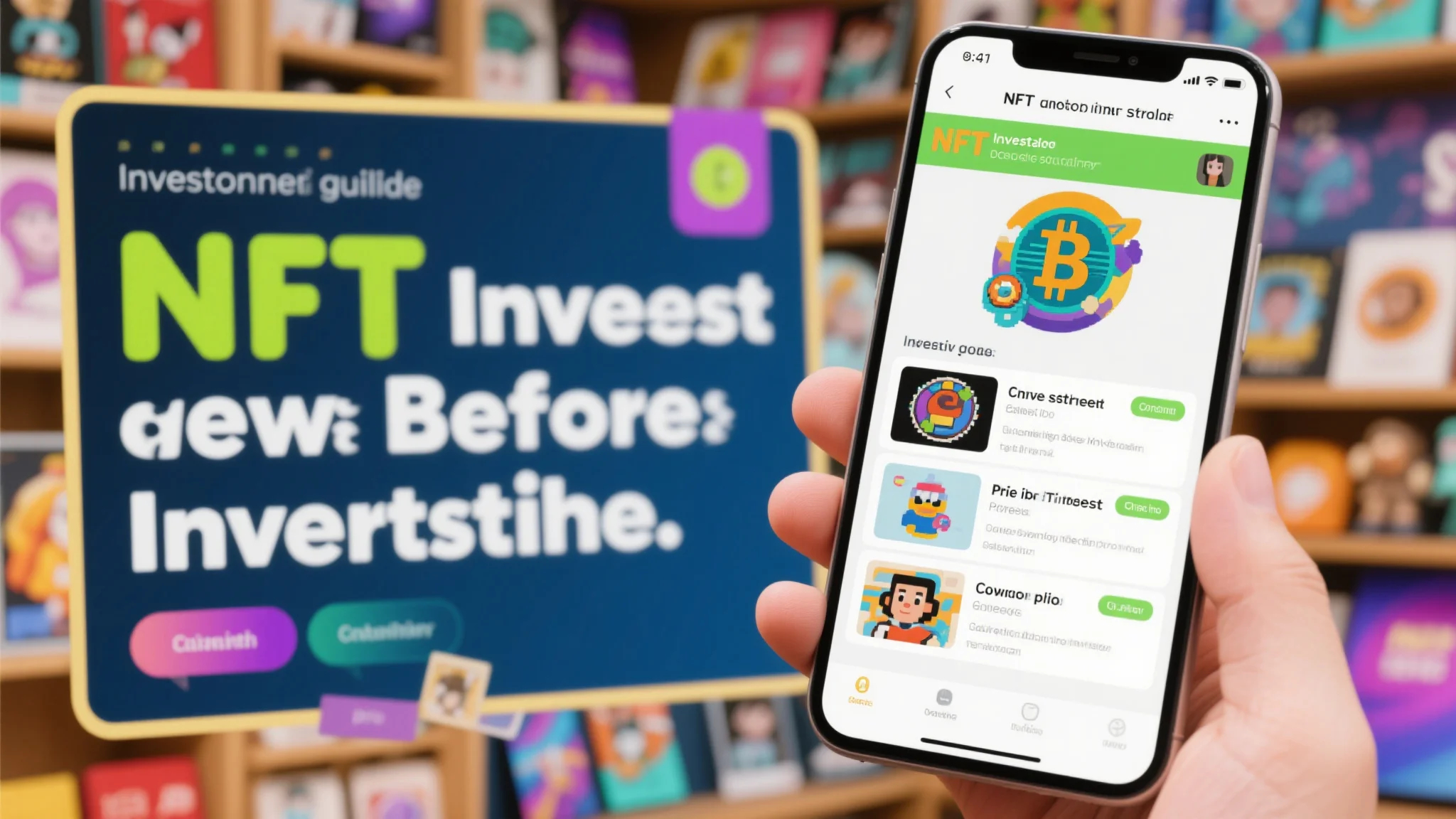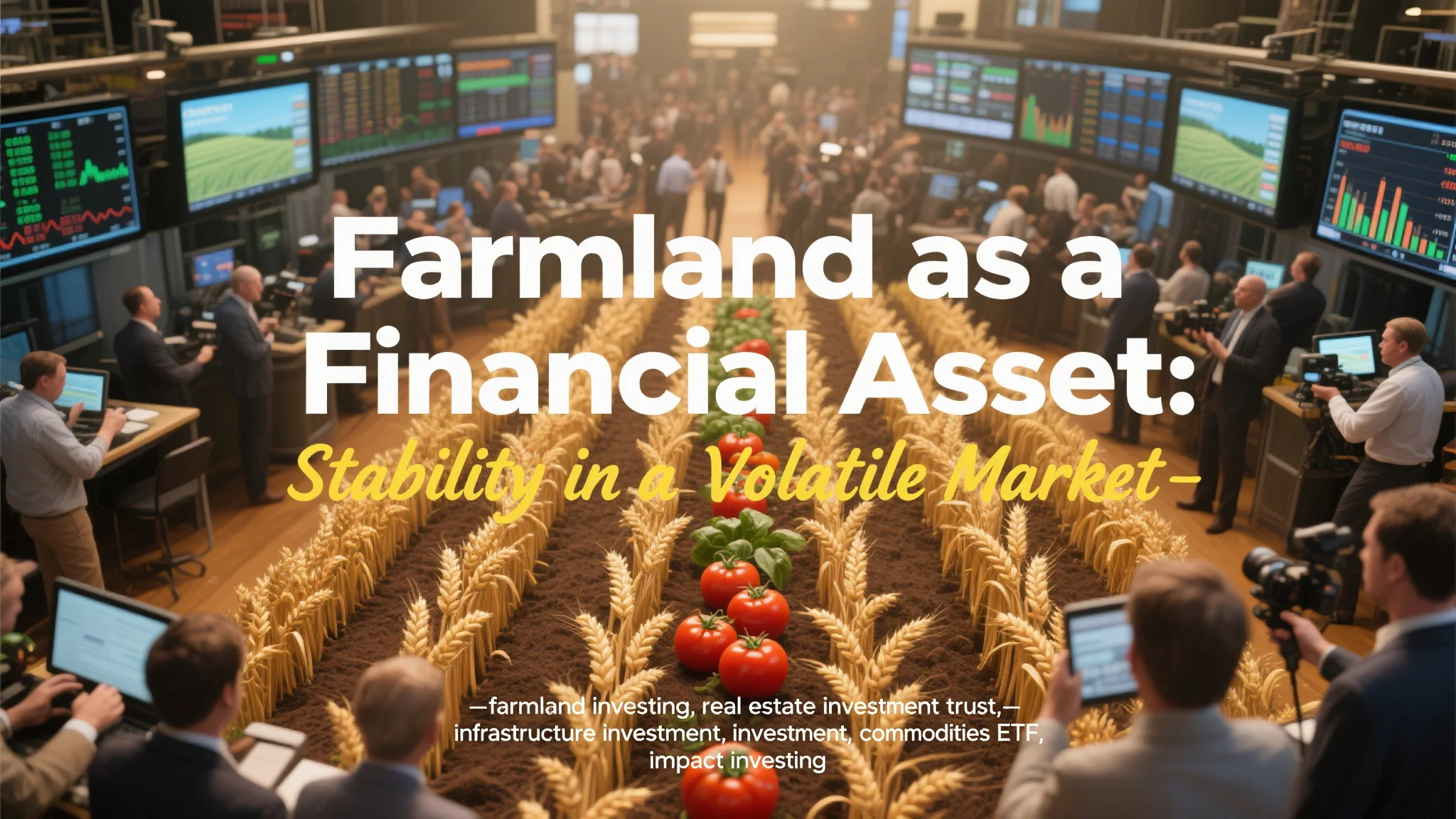
What You Need to Know Before Investing in NFTs
Understanding NFT Investment Fundamentals
Before diving into NFT investment guide strategies, it’s crucial to grasp what makes non-fungible tokens unique. Unlike cryptocurrencies which are interchangeable, each NFT represents a distinct digital asset with verifiable ownership recorded on blockchain. The value proposition combines scarcity, authenticity proofs, and potential utility in virtual worlds or as digital collectibles.
A proper NFT investment guide should emphasize evaluating both artistic merit and technological foundations. Successful NFT projects typically feature strong communities, clear roadmaps, and innovative smart contracts that enable ongoing benefits for holders. Investors should research creator reputations and examine blockchain transaction histories before committing funds.
Crypto Investment Strategy Considerations
Incorporating NFTs into your broader crypto investment strategy requires understanding how digital collectibles differ from traditional cryptocurrency holdings. While both utilize blockchain technology, NFTs carry additional dimensions of cultural relevance and artistic value that influence pricing. Market cycles for NFTs often diverge from broader crypto trends.
When developing a crypto investment strategy that includes NFTs, portfolio allocation becomes critical. Most financial advisors recommend keeping speculative digital collectibles to a small percentage of overall crypto exposure. Dollar-cost averaging and setting strict profit-taking targets can help manage volatility inherent in NFT markets.
Collectible Investing in the Digital Age
The principles of collectible investing translate surprisingly well to the NFT space, though with important digital-native considerations. Just as rare baseball cards derive value from condition and provenance, NFT valuations depend on metadata integrity and ownership history. However, digital collectibles introduce new factors like interoperability across platforms and programmable royalties.
Traditional collectible investing wisdom suggests focusing on categories with enduring cultural significance – advice that applies equally to NFTs. Projects with established fanbases or connections to recognized intellectual property tend to maintain value better than speculative meme tokens. Storage concerns shift from physical preservation to digital wallet security.
Pre-IPO Investment Opportunities
Some pre-IPO investment platforms now offer exposure to NFT-related companies before they go public. These may include marketplace operators, blockchain gaming studios, or infrastructure providers supporting digital collectibles. Investing at this early stage carries higher risk but offers potential upside if the company succeeds.
Evaluating pre-IPO investment opportunities in the NFT space requires assessing both traditional business metrics and Web3-specific factors. User growth, transaction volumes, and developer activity often prove more meaningful than conventional financial statements for these emerging companies. Regulatory clarity around digital assets significantly impacts long-term viability.
Crowdfunding Platforms for NFT Projects
Specialized crowdfunding platforms have emerged to support NFT creators and collectors. These platforms allow investors to participate in early funding rounds for promising digital art projects or metaverse land sales. Some operate similarly to traditional crowdfunding, while others incorporate blockchain-based token incentives.
The most reputable crowdfunding platforms for NFTs conduct thorough due diligence on featured projects. Investors should still perform independent research into team backgrounds, smart contract audits, and community sentiment. Unlike traditional equity crowdfunding, NFT project backers typically receive digital assets rather than company shares.
Building a Balanced Digital Asset Portfolio
The most successful investors combine insights from NFT investment guide resources with broader crypto investment strategy principles. They may allocate to collectible investing opportunities while considering pre-IPO investment in supporting companies. Crowdfunding platforms provide access to early-stage projects.
This diversified approach helps manage risk across different aspects of the evolving digital asset ecosystem. Most financial professionals recommend keeping speculative NFT investments below 5% of total portfolio value, with proper security measures for digital wallet storage.
Risk Management in NFT Investing
While NFT investment guide materials highlight potential rewards, they must also address significant risks. These include market volatility, technological obsolescence, and regulatory uncertainty. Investors should implement strict security protocols for digital wallets and only commit funds they can afford to lose entirely.
The rapidly evolving nature of NFT markets makes ongoing education essential. Many successful collectors participate in project communities to stay informed about developments that could impact asset values. Professional advice becomes particularly valuable when navigating tax implications of digital collectible transactions.


